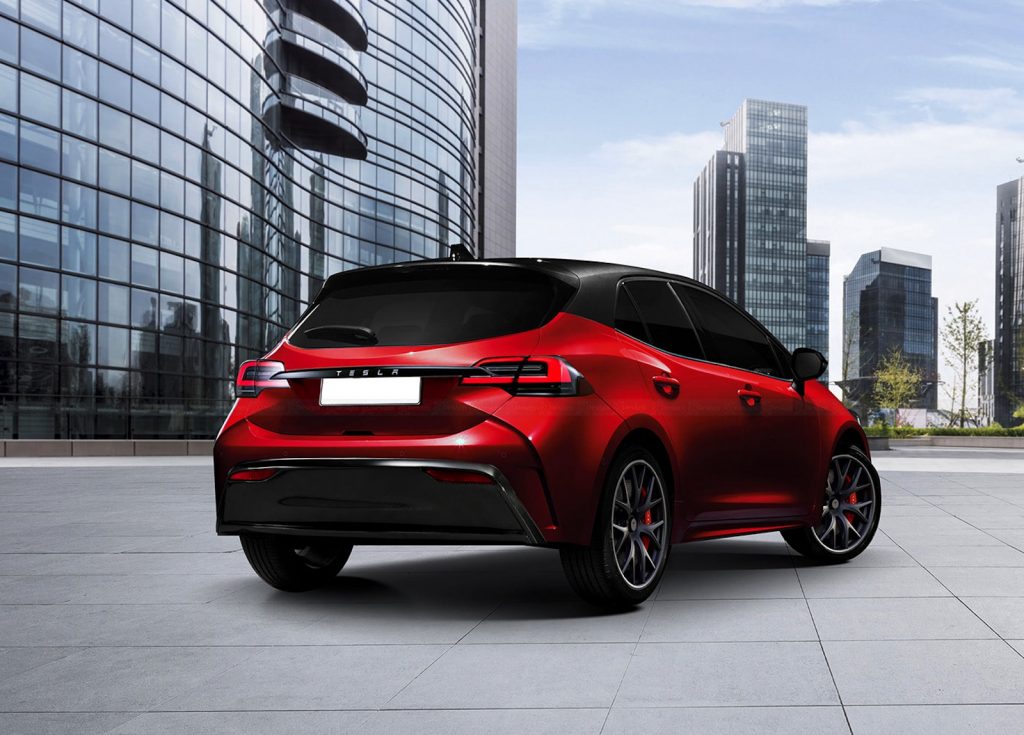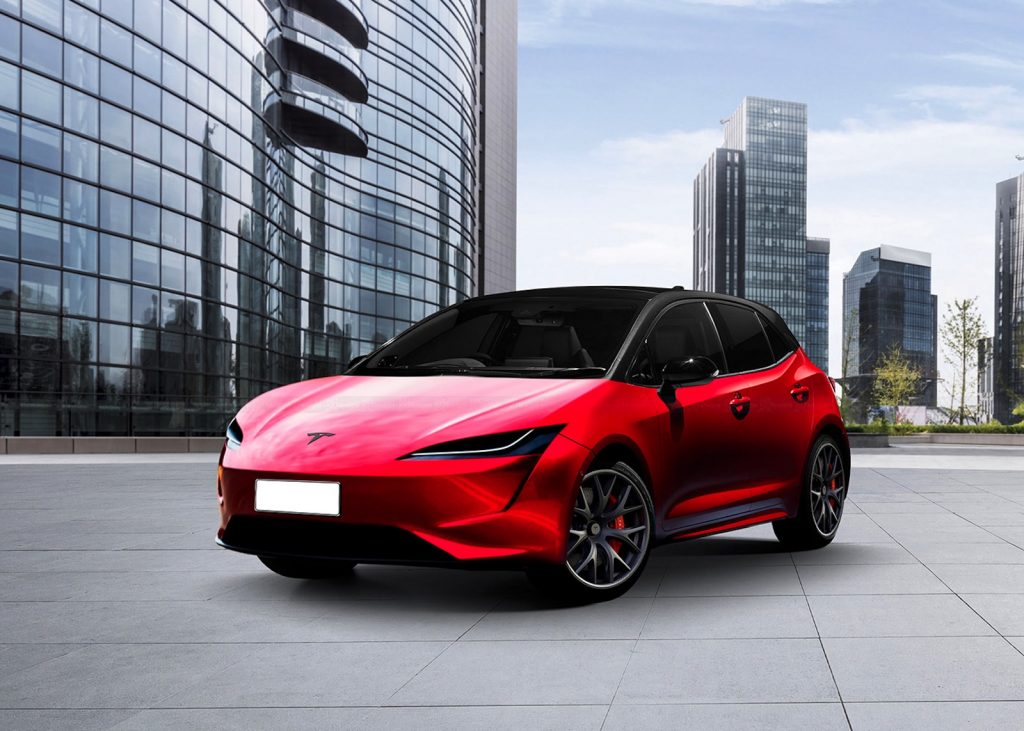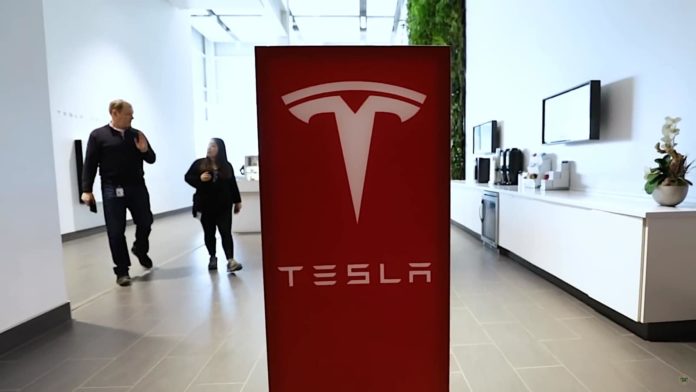Tesla officials expect to meet with representatives of the Indian government to discuss a proposal to build a Tesla factory in India for the purpose of creating a low-cost EV to be sold in the country and elsewhere.
India’s strict taxes on imported vehicles were named as one of the primary economic drivers of the new factory, according to a Reuters report. Last month, Tesla CEO Elon Musk met with Indian President Narendra Modi, saying then he intended to make an investment in the world’s most-populous nation. India’s estimated population surpassed China’s earlier this year.
However, this is not the first time Tesla has dangled the possibility of making cars in India. In 2021, the company teased a factory to be located in the Indian state of Karnataka, according to a Reuters report that year.
“The U.S. firm Tesla will be opening an electric car manufacturing unit in Karnataka,” the state government said in a statement, which was part of a document highlighting India’s budget to its people in the local language of Kannada, Reuters reported.
In fact, Musk has been talking about building Teslas in India since at least 2017. In that year, he tweeted that the company was “in discussions with the government of India requesting temporary relief on import penalties/restrictions until a local factory is built.”
What might be built for the Indian market?

As always, Tesla’s plans are long on vision and short on specifics. In 2021, speculation held that one of the vehicles that could be sold in India was the never-realized Tesla Model 2. In 2020, Musk said the company was working on a small vehicle that would be priced around $25,000. Initially, he said it would take three years before it would arrive.
However, he followed that up during a later visit to Germany, noting the company really needed a small hatchback for countries like Germany, where after tooling around Berlin in a Model X, his group repeatedly found it difficult park and travel on certain roads.
That experience grew into the “Model 2” idea. Rumors suggested the small car could be built at the company’s Shanghai plant, but that would not allow Tesla to skirt Indian import duties. Speculation now is that a new Tesla small car could sell for about 2 million Indian Rupees, or $24,000. Tesla sells the larger Model 3 for about $32,000 in China at present.
Don’t expect it in America
More speculation has revolved around the possibility of this new, lower-cost Tesla being sold in the U.S. The new vehicle could be produced within the North American free trade zone at Tesla’s plant in Mexico, which is under construction. Such a vehicle would give Tesla a market entry for the majority of Americans who can’t afford the average transaction price of about $48,000 for new vehicles, and up to $55,089 for new EVs.

However, automakers including Tesla have been talking about budget-priced EVs for years, but they rarely make it to market. Chevrolet has been the only automaker to field an EV, the Bolt and Bolt EUV, that can be purchased in the low-$20,000 range after tax credits. With the end of Bolt production, Chevy aims to reinforce its affordable market dominance later this year with the new Equinox EV, also said to be priced starting from $30,000.
Many market followers expected Tesla to reveal something about the Model 2 earlier this year during the Tesla Investor Day livestream. But the reveal never came. Instead investors and observers were treated to a “road map to Tomorrowland” from the executives.
Even if Tesla does build a $24,000 EV for the Indian market, it’s a longshot to expect the same vehicle to be sold in America at a comparable price. For one thing, safety requirements are different in India, where features such as stability control and driver-side airbags became mandatory in 2022, and passenger-side airbags, anti-lock braking systems, and seat belt reminders for the driver and front passenger are newly mandated this year.
At this time, Tata offers an extensive line-up of vehicles priced under $10,000 in India. To achieve a competitive price point over twice that of the Tata vehicles, any Tesla would likely have far fewer features than are required by the U.S. DOT or demanded by customers.

